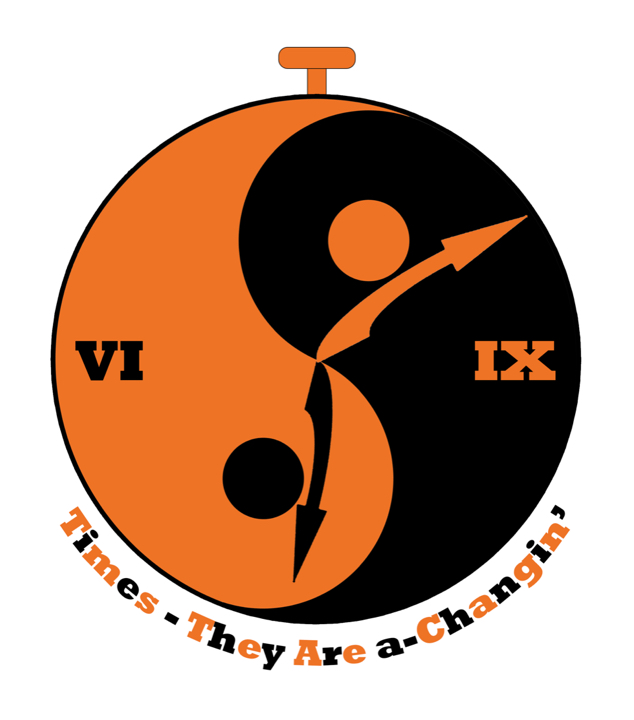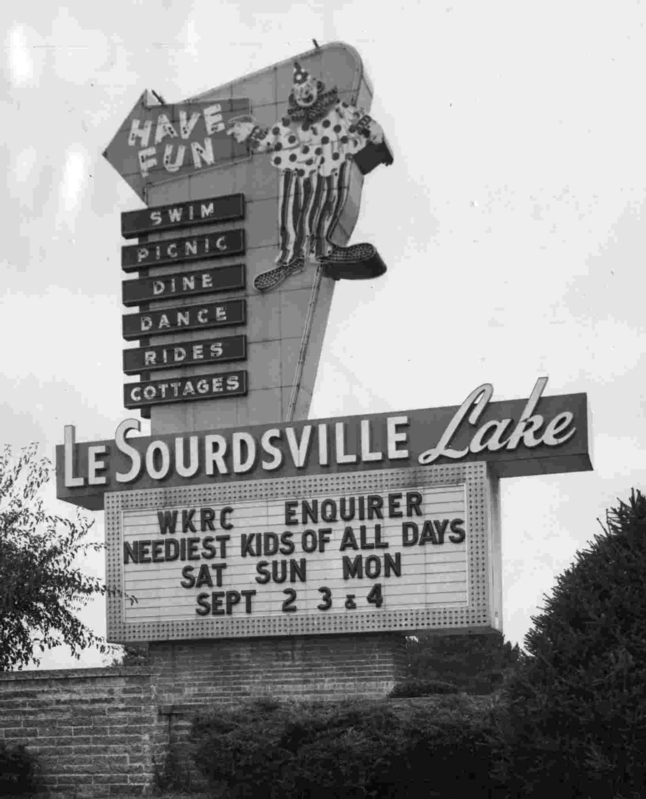Class of 1969
Reunion Psychology
1986 Psychology Today
In case you are taking it seriously.

Let's be honest. There are issues related to reunions:
- Ambivalence about attending a reunion
- Difficulties in attending a reunion in the rain
- Lack of commitment to organize or implement a reunion (RU kidding?)
Attending reunions can present psychological, financial, and logistical problems. That is clearly not the intent of reunions; yet, these issues often exist. Why?
High school reunions tend to bring up old memories, some of which may be unpleasant or icky—like seeing the “mean girls” who used to make fun of you or the girl who turned you down when you asked her to the prom or went with her but did not enjoy LaSordeville Lake.

People may also be reluctant to go their high school reunion because of feeling embarrassed about their physical appearance or insecurity about their lack of achievements since graduation. The idea that individuals will be compared now to their adolescent self or their grown classmates may carry the risk for regretting how their life turned out. Some reunions have "regret rooms" staffed with a physical therapist.
On the other hand, high school reunions can be eye-opening. We usually develop wisdom and maturity as we age. What was I writing about? Oh, yeah, reunions. Encountering our former classmates and recalling old memories, good and bad, may help us gain better insight into who we are now and how we got here. Whatever.
High school reunions can also be fun. It can be a time to go down “Plantation.” That is, to reminiscence about people we knew as well as our mutual history in such things as music and historical events. In fact, renewing old friendships and reliving the fun and feelings we had in high school are two of the most common reasons people attend their high school reunions (Lamb & Reeder, 1986).